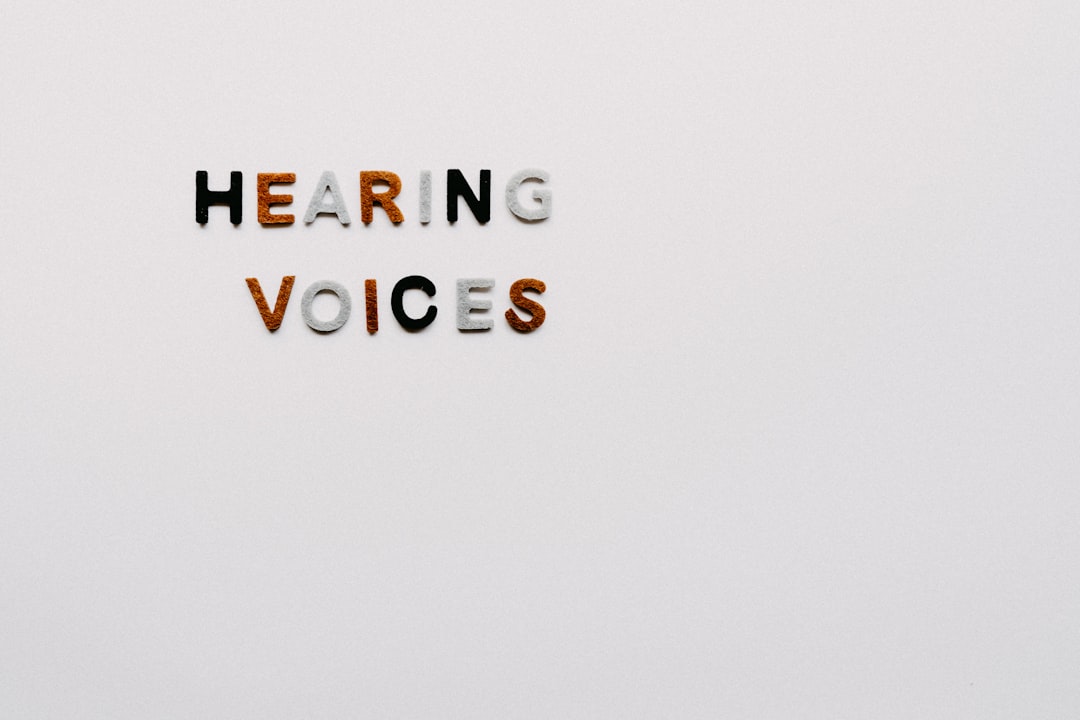What is it about?
We had participants perform a simple task for money. They had to identify which of two urns a sequence of colored beads was being drawn from, and we paid them if they got the right answer. But they also had to pay for each additional bead that they wanted to reveal in the sequence. Our participants tended to "jump to conclusions", revealing too few beads before making their decision. But this tendency was increased if they could see the information-gathering decisions of other people in the same task.
Featured Image

Photo by Natilyn Hicks (Natilyn Photography) on Unsplash
Why is it important?
Our study demonstrates that when individuals see others collecting minimal evidence before making a decision, they too are more inclined to collect minimal evidence. People who form beliefs on the basis of minimal evidence are more likely to be wrong – so, in shifting the focus from the diffusion of false beliefs to the diffusion of suboptimal belief-formation strategies, we have identified a novel mechanism whereby misbeliefs arise and spread.
Perspectives
People are influenced by the beliefs of those around them, particularly by those with status and prestige. For instance, when a high-status individual like former President Donald Trump claimed that vaccinations were causing an autism epidemic; that the coronavirus pandemic was totally under control; that President Obama was born in Kenya, or that global warming was a hoax created by the Chinese, these beliefs were likely to increase among the population. But aside from the kinds of beliefs Mr Trump endorses, he has also displayed a certain attitude to evidence. For example, he is famously allergic to reading. Trump himself has acknowledged that he prefers reports to contain “as little as possible.” Now, again, Mr Trump is a prestigious individual and many people follow his lead. But in this case what they might “catch” from him is not a specific belief (e.g., that vaccines cause autism), but a learning strategy – a means by which people acquire beliefs. In particular, they might acquire a disregard for evidence (at least of the written kind). Our results are consistent with the idea that people might socially acquire a tendency to jump to conclusions on minimal evidence.
Ryan McKay
Royal Holloway University of London
Read the Original
This page is a summary of: Collectively jumping to conclusions: Social information amplifies the tendency to gather insufficient data., Journal of Experimental Psychology General, November 2021, American Psychological Association (APA),
DOI: 10.1037/xge0001044.
You can read the full text:
Contributors
The following have contributed to this page










